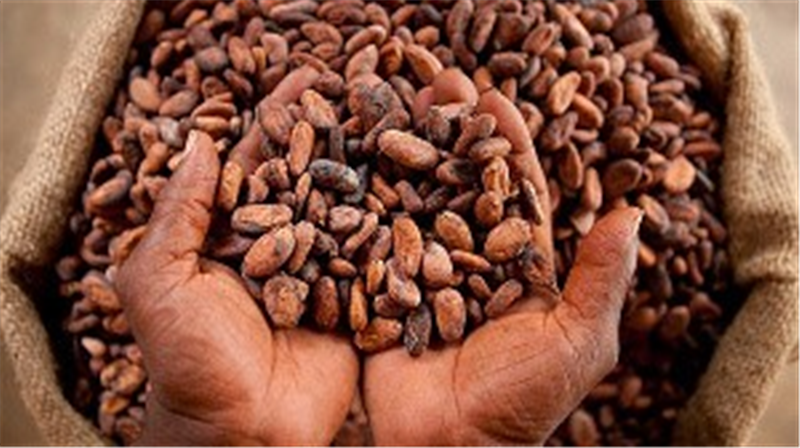
COCOBOD Expresses Worry About New EU Rules

However, the Chief Executive of COCOBD believes that the financial consequences of compliance are an important issue that cannot be disregarded, as it tends to raise the price of cocoa while also posing social and economic difficulties for farmers who are already struggling with generally dire economic circumstances in their home nations.
During a panel discussion at the ongoing World Cocoa Conference in Brussels, Belgium, Mr. Boahen stressed that while Ghana is very much in line with implementing the regulations of the European Union, this will come at a cost to farmers and producing countries, which is likely to increase the cost of cocoa from Ghana, Cote d’Ivoire, and Cameroun.
He claimed that producing nations, especially in Ghana, had previously taken action to address the numerous issues related to climate change and its effects on output long before the EU gave consideration to the new legislation.
“Yes, the regulations are intended to raise awareness of sustainable production, but we were already concerned about how climate change was affecting production and interfering with local activities. Ghana had already begun mapping farms, which is another factor because the source of the cocoa cannot be traced without the polygon maps,” Mr. Aidoo emphasized.






